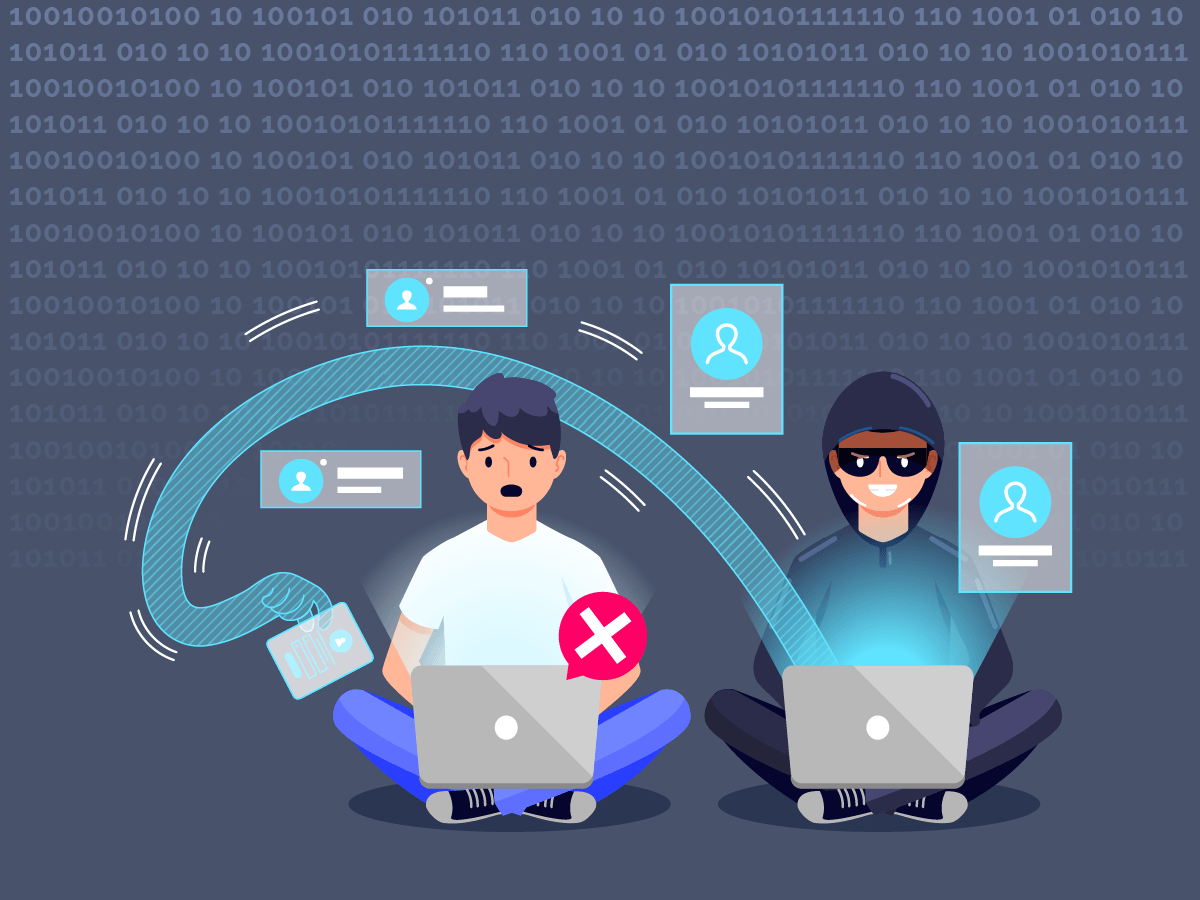
The Cybersecurity Landscape
In our rapidly evolving society, technological advancements are progressing at an unprecedented rate. However, this swift progression is not without its pitfalls. While technology plays a pivotal role in combating cyber threats, the human factor remains a crucial component of cybersecurity. A minor error committed by an employee can turn into a huge disaster for the company, as systems used by employees are often connected to the company’s servers. Therefore, it is imperative for employees to maintain a high level of alertness and vigilance towards potential cyber threats.
To ensure this, comprehensive cybersecurity training for employees should be provided to employees, equipping them with the necessary skills and knowledge to prevent potential damage to the company. In this blog, we will explore how cybersecurity training for employees can empower your organisation to remain secure from threats.
The Role of Employees in Cybersecurity
While adoption of advanced technologies in cybersecurity forms a vital component of an organisation’s defence mechanism against cyber threats, it’s important to understand that they are part of a larger ecosystem, with humans at its core. Employees, who have direct access to the system, could significantly impact the organisation. Even a minor error on their part can lead to data breaches, ransomware attacks, malware infiltration or more, potentially causing substantial losses for both the company and its clients.
An alert employee can pre-emptively detect threats, thereby safeguarding the organisation from potential harm. Hence, cybersecurity training for employees is a key investment for any organisation.
10 Common Cybersecurity Mistakes Employees Make
Employees, while generally well-intentioned, can occasionally make errors that have significant implications for their organisation. Here are some frequently observed missteps:
1.Weak Passwords:
It’s a common occurrence for individuals to set simplistic passwords such as “password” or “123456”. However, these can be easily deciphered using advanced AI tools, providing cybercriminals with unauthorised access to sensitive data. This is where the importance of cybersecurity training comes into play. Such training programs can equip employees with the knowledge and skills to create robust and unique passwords for various accounts.
2.Falling for Phishing Attacks: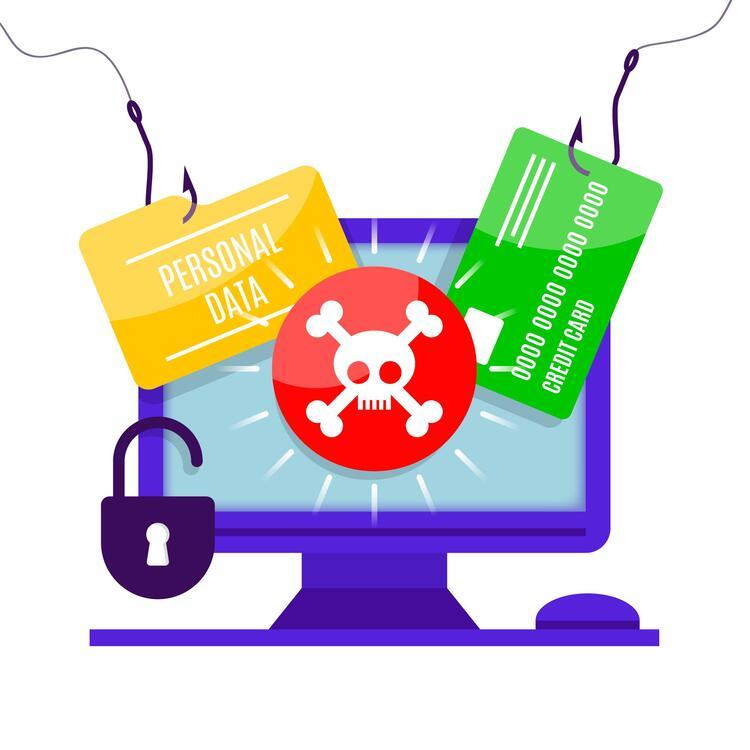
Phishing schemes are deceptive tactics where cybercriminals impersonate trustworthy entities to steal sensitive information. Employees can be lured into providing vital information or login details by seemingly legitimate emails or messages.
3.Unauthorised Device Usage:
Employees sometimes use their personal device to an official work by connecting it to the company network. These devices may not meet the industry standards for cyber-safety.
4.Sharing Sensitive Information:
Sharing of confidential information via text, email or even verbally can lead to severe consequences like data breach or social engineering. Cybersecurity training for employees can educate them on the importance of data protection and the proper ways of sharing information with authorised parties.
5.Neglecting Software Updates :
:
When employees neglect timely software updates, it exposes the system to vulnerabilities that cyber-attackers can exploit.
6.Using Weak or No Encryption: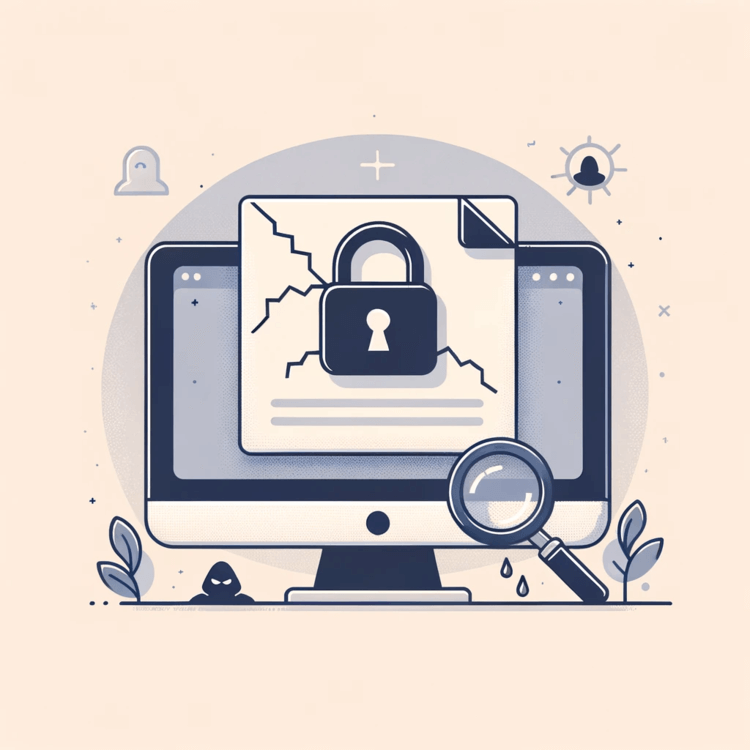
Encryption is very important as sharing data without an encryption or weak encryption can lead to it being exploited by cyber-criminals. Cybersecurity training for employees can demonstrate how to use encryption tools and techniques to secure their data transmission and storage.
7.Ignoring Security Policies: 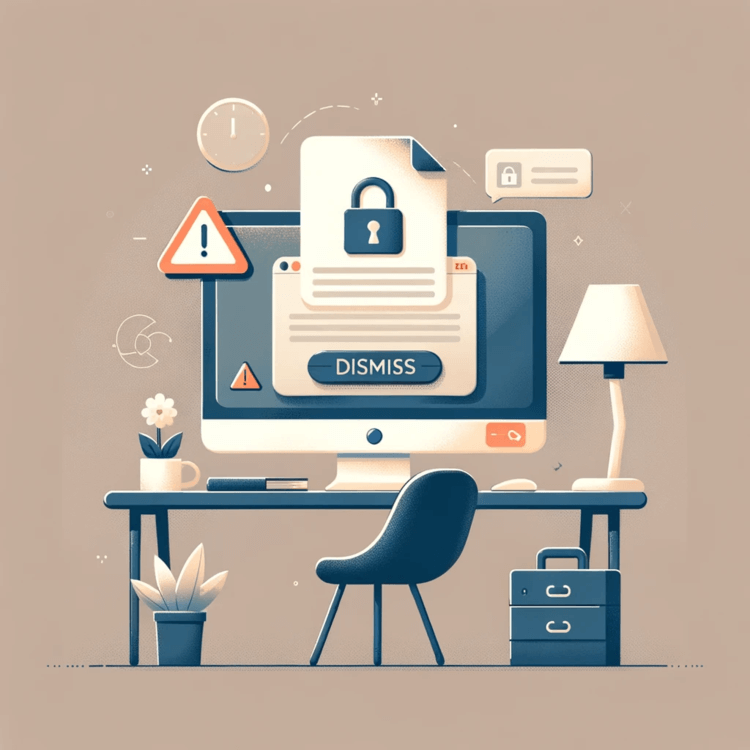
Organisations establish specific security policies to safeguard their systems and data. However, when employees overlook or disregard these protocols, they inadvertently create vulnerabilities within the system. Cybersecurity training for employees ensures that they are informed about specific policies and it shows them ways to abide by the policies.
8.Poor Social Media Habits: 
Poor social media habits can significantly increase the vulnerability of individuals and organisations to cyber threats. People need to be acutely aware of these risks as their online actions can have direct implications on the security of the organisation they work for. A seemingly innocent conversation on social media can be manipulated by skilled attackers to retrieve vital information, which can be exploited for malicious purposes. Similarly, organisations that have their own official social media accounts must be monitored closely for any suspicious activity and moreover employees handling the account must be cautious while interacting with their audience through the company account.
9.Lack of Mobile Security Awareness:
Mobile devices are portable and are often connected to many networks, which makes them a tempting target for cyber-criminals. Failing to secure mobile devices can compromise data security.
10.Not Reporting Security Incidents: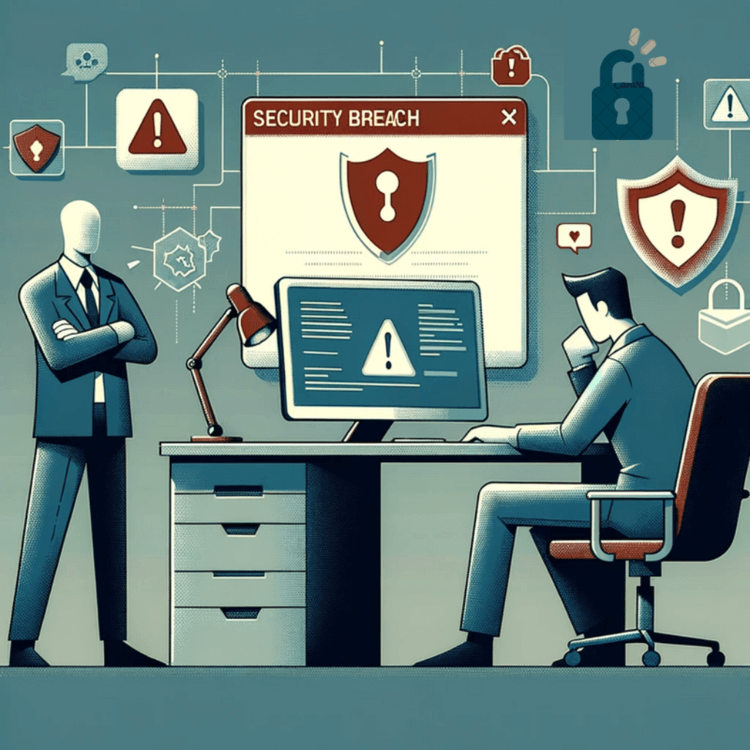
When some incidents aren’t reported, it can significantly delay responses, thus giving cyber-attackers more time to perpetrate their activities and inflict further damage. It is paramount that individuals resist the urge to ignore these incidents or attempt to address them single-handedly. Employees within an organisation should be trained and encouraged to report any suspicious activities promptly and accurately or potential cyber threats to the relevant authorities or their internal cybersecurity team.
The Importance of Cybersecurity Training for Employees
There is a need for comprehensive cybersecurity training programs as they can ensure that employees adapt to this ever-changing cyberspace, gain adequate knowledge and help to build a secure digital space for the organisation.
Training equips employees with the skills needed to identify threats such as phishing emails or malicious software, thereby protecting their organisation from associated damages. Adequate knowledge empowers an employee to make informed decisions when it comes to actions like downloading attachments or other files from the internet. This enhancement in decision-making permeates throughout the organisation, fostering a culture of vigilance against potential cyber threats.
How CCoE Can Contribute to Employee Training
At Cyber Centre of Excellence (CCoE), our mission is to establish cybersecurity best practices and standards, fostering a secure digital environment. As a hub for innovation and capability building, the CCoE embodies the proactive approach organisations must adopt. Through our initiatives, we ensure that employees are not just aware of threats, but are also equipped to counter them effectively. We organise training workshops and events related to cybersecurity for students and working professionals and help start-ups related to cybersecurity.
Conclusion
Cybersecurity is vital in the digital age, as cyber attackers can exploit technological vulnerabilities and human errors. Cybersecurity training for employees is crucial to prevent and counter cyber threats, as their actions can affect the security of their organisation. Technology can help in cyber defence, but humans are still the main actors and targets in cybersecurity.
Common mistakes that employees should avoid include using weak passwords, falling for phishing schemes, neglecting software updates, and sharing sensitive data improperly. Cybersecurity training can enhance employees’ decision-making and awareness, making them the frontline defence in the ever-changing world of cybersecurity.





